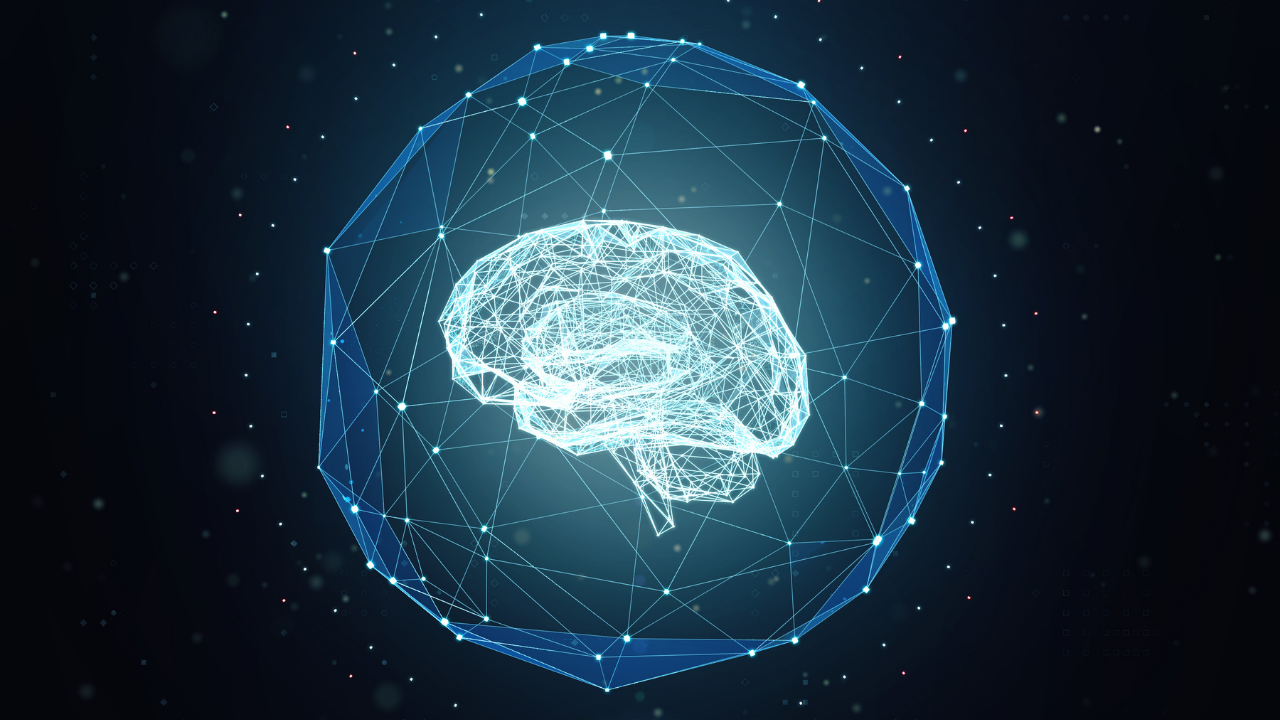What Is The Impact Of Artificial Intelligence On Society?

It is hard to escape the debate about the impact of artificial intelligence on our future. Will artificial intelligence help us flourish, or will it be the cause of our destruction? AI researchers disagree on this topic passionately. Max Tegmark discusses different positions in his book Life 3.0: Being Human in the Age of Artificial Intelligence.
The two opposite camps in the artificial intelligence debate are digital utopians and Luddites. Digital utopians believe that human-level artificial intelligence will happen and will be a good thing for humanity. Luddites are opposed to artificial intelligence and fear a terrible outcome if technology development continues. Larry Page, Google's co-founder, is a passionate defender of digital utopianism. Tegmark describes Page's position as: "digital life is the natural and desirable next step in the cosmic evolution and that if we let digital minds be free rather than try to stop or enslave them, the outcome is almost certain to be good." Proponents of artificial intelligence are concerned that fears of AI could slow down technological progress.
As the title of the book suggests, Tegmark makes an argument that artificial intelligence, or universal intelligence, can develop into Life 3.0. Given that intelligence is all about computation and information, it is possible for machines to be as intelligent as human beings one day.
A big part of intelligence is learning, and machine learning is a subfield of artificial intelligence. Machine learning occurs when algorithms improve through experience. Tegmark notes that many recent breakthroughs in artificial intelligence have been driven by machine learning.
For now, artificial intelligence tends to focus on narrow and specific goals. Human intelligence, however, is relatively broad. Still, as Moore's Law has shown, technology's speed and capability increase every two years. Deep-learning systems are approaching a point where machines' writing can trick people into thinking it was produced by a human.
While Luddites fear artificial intelligence, artificial intelligence can amplify human intelligence and improve our lives. Artificial intelligence can help us make even more progress in science and technology and reduce accidents, poverty, and diseases. In order for that to happen, Tegmark urges us to consider the following questions:
How can we make future AI systems more robust than today's, so that they do what we want without crashing, malfunctioning or getting hacked?
How can we update our legal systems to be more fair and efficient and to keep pace with the rapidly changing digital landscape?
How can we make weapons smarter and less prone to killing innocent civilians without triggering an out-of-control arms race in lethal autonomous weapons?
How can we grow our prosperity through automation without leaving people lacking income or purpose?
Technology has already impacted society in tremendously positive ways. Sectors, such as healthcare, transportation, finance, communication, and energy, have experienced progress as a result of many technological advancements. Even so, Tegmark claims that the technological progress of the past pales in comparison with what artificial intelligence can bring. However, we do have to be careful not to let digital technology drive inequality. In the past, technology benefited the educated, or even superstars, over everyone else. We have to make sure that technology can benefit a larger portion of the population from now on.